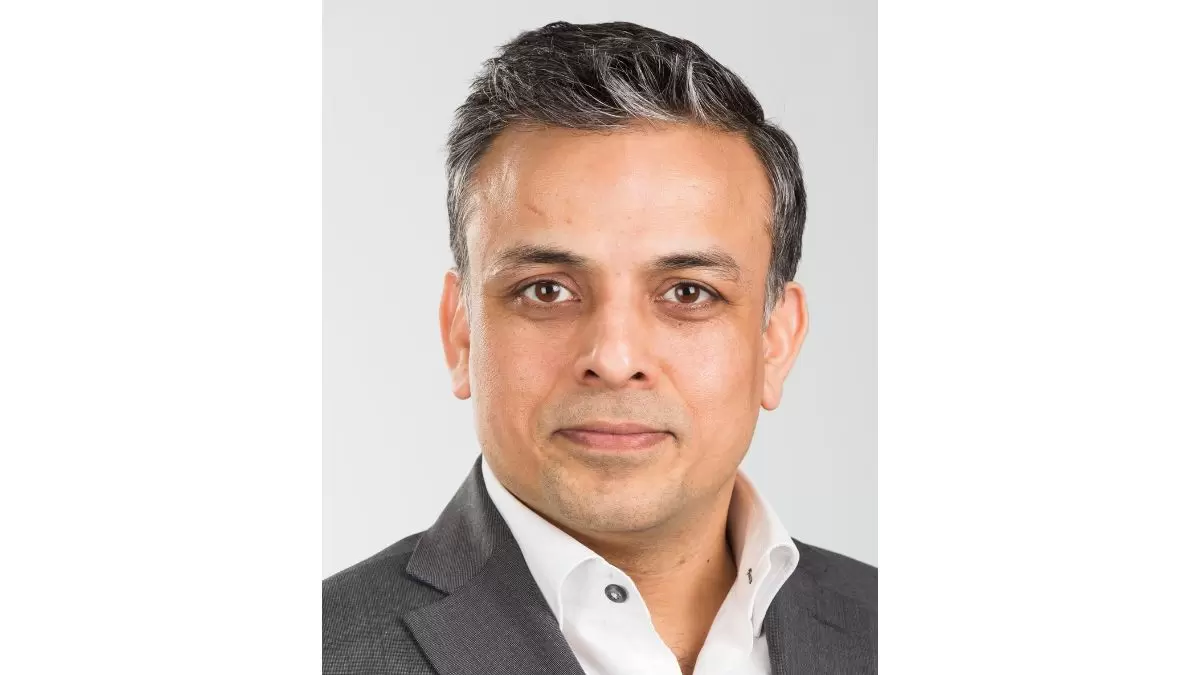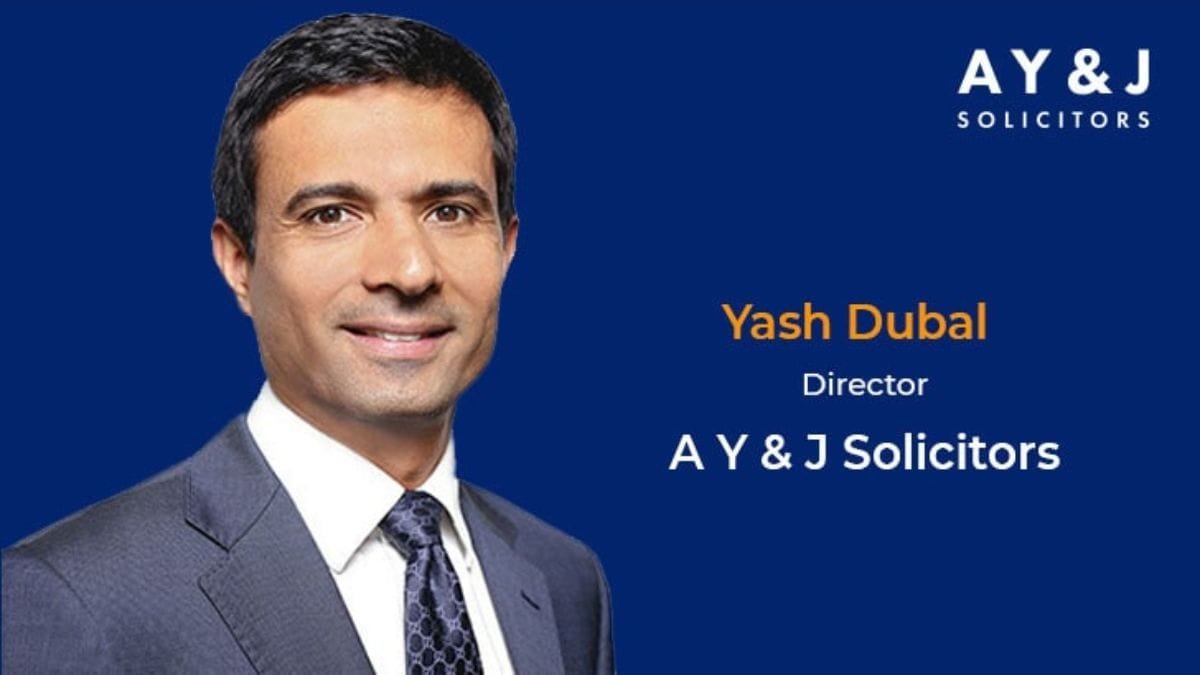Rethinking Assessments: Are Exams Still the Best Way to Measure Intelligence?

Should exams continue being traditional in the 21st century that presents unforeseen challenges? In today’s evolved educational landscape, the conversation about the effectiveness of traditional exams becomes more relevant than ever. While exams have long been the cornerstone of academic evaluation, they are increasingly on the radar for contributing to high stress levels among students and having limited relevance to the real world.
To keep up the pace with India’s ever-dynamic employment landscape, it is extremely critical that students not only learn theoretical constructs, but more importantly, know how to execute them outside the classroom. School education in India has undergone a significant transformation in its bid to meet the demands of families and employers. With its forward-thinking policies and programmes, such as the NEP 2020, the country is taking meaningful strides toward aligning its education system with global standards that foster holistic, flexible and competency-based learning.
In order to promote active growth and participation among students, alternative assessment methods such as experiential learning and project-based evaluation offer a promising path forward. These methods are designed to tap into the broader spectrum of abilities, while at the same time encourage students to engage in real-world problem solving. In fact, skill-based assessments which include presentations, portfolios and practical demonstrations of acquired skills can be equally effective, offering a more nuanced picture of a student’s capabilities.
Integrating super-curricular activities to promote expressive growth is equally important. Engaging in team activities such as volunteering and fundraising, sports, performing arts or other outdoor pursuits can spark intellectual curiosity in young minds and inculcate a genuine and lifelong love for learning.
For instance, many schools across India that offer the Cambridge IGCSE curriculum have embraced this holistic approach. The IGCSE framework acknowledges that a student’s growth is not confined to academic achievement. By integrating co and extra-curricular activities into the curriculum, these institutions encourage learners to explore diverse interests and develop competencies beyond traditional exam settings. This approach not only helps in reducing exam-induced stress but also nurtures creativity, critical thinking and emotional intelligence – attributes essential for success in the out-of-the-classroom world.
Moreover, promoting reflective growth is fundamental in developing the whole person. By emphasising the importance of self-mastery, educators can help students develop their inner moral compass, which in turn, helps them with decision-making, both during and after school. Introducing reflective practices early on – such as participating in group discussions, or establishing open dialogues between students, teachers and parents – can encourage learners to reflect upon their learning journeys. This approach sharpens their analytical skills and also fosters a deep sense of responsibility and empathy in them.
The future of education lies in finding a middle ground between traditional exams and alternative assessments; and it is important to recognise that exams are not just about scores but about nurturing well-rounded individuals prepared to face real-world challenges. As we move towards more holistic learning modules, schools in India can play a major role in developing future leaders who demonstrate a love for learning that lasts a lifetime.
<p>The post Rethinking Assessments: Are Exams Still the Best Way to Measure Intelligence? first appeared on Hello Entrepreneurs.</p>


























